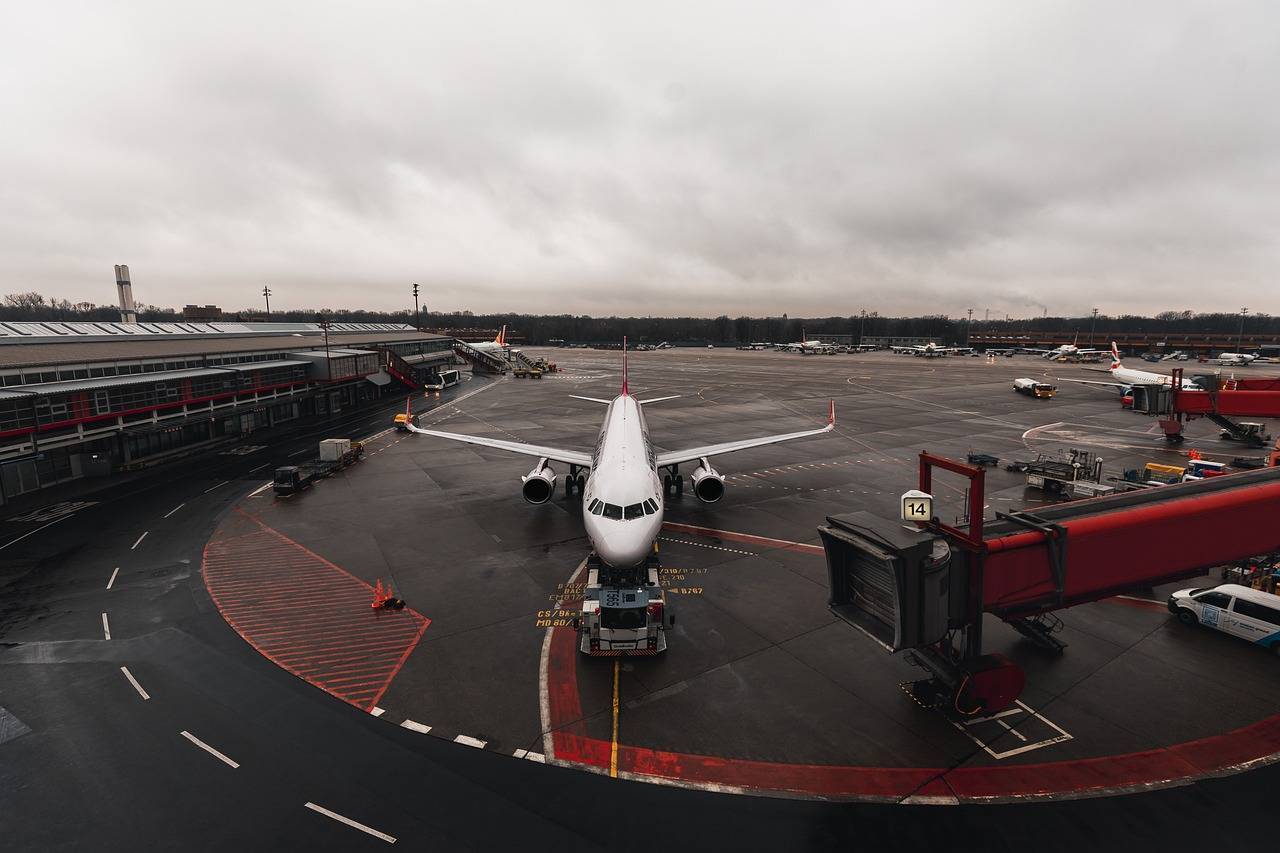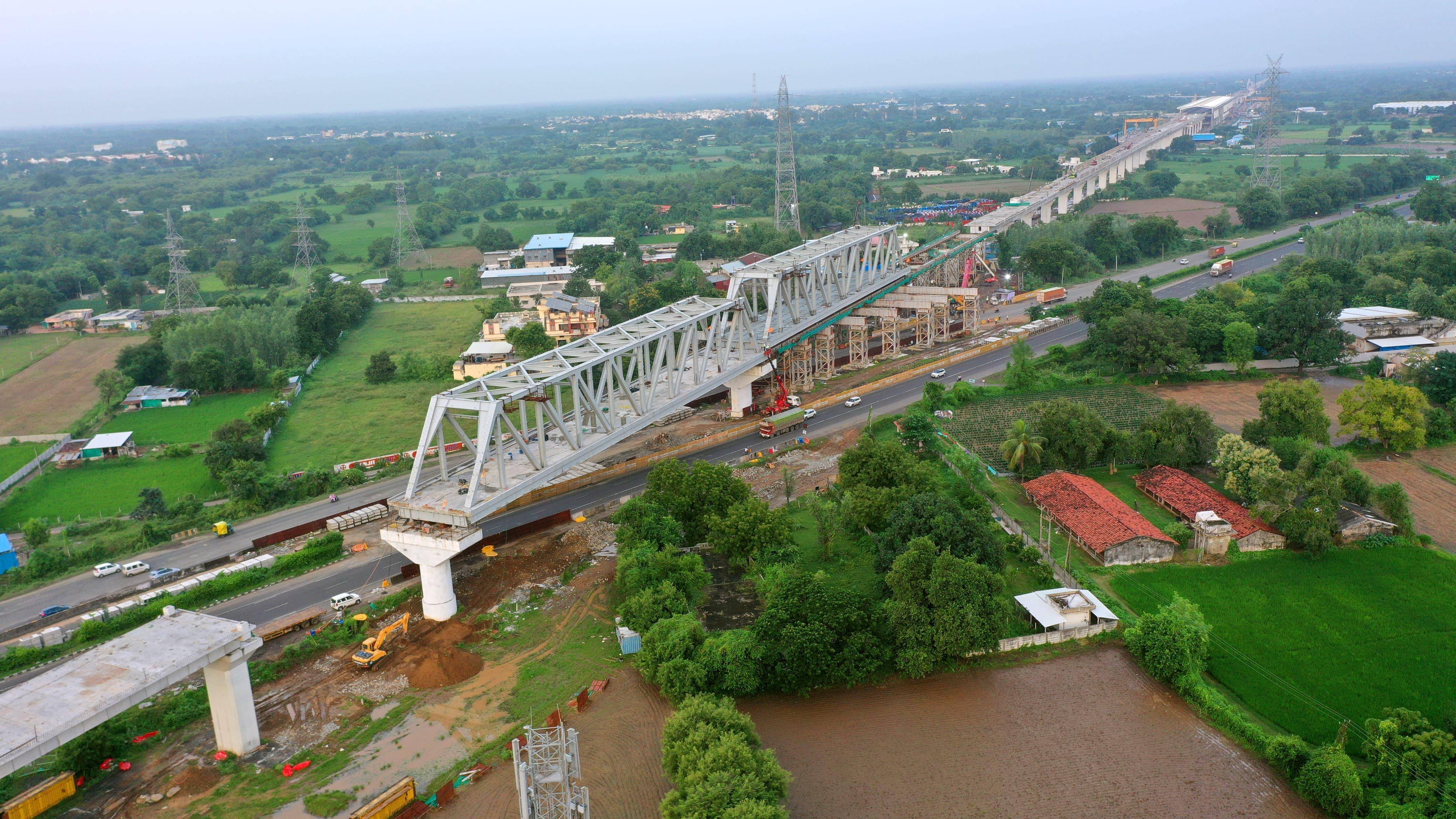The Tamil Nadu government has introduced a significant reform in its building approval process, setting strict timelines for key departments to issue no-objection certificates (NOCs). Now, 11 departments must grant approvals within 15 to 30 days, depending on the project requirements. If a department does not meet the specified timeframe, the NOC will be “deemed” approved, eliminating lengthy delays and allowing construction to proceed. This streamlined system is expected to accelerate clearances, benefiting both developers and home buyers who previously faced long waiting periods for approvals.
The revised process consolidates approvals through a single-window portal, simplifying interactions across departments and cutting through bureaucratic red tape. The online plan permission system, launched by the Chennai Metropolitan Development Authority (CMDA) in May 2022, has already seen success, with an average of 70 plans approved monthly and over 70 high-rise buildings approved annually, nearly doubling the rate before 2022. Before this initiative, building approvals could take from six months to two years, often due to NOC-related delays.
In a directive aimed at making the process more efficient, the housing and urban development department recently set timelines for 24 departments involved in NOC issuance within Chennai’s Metropolitan Area. On the advice of CMDA’s member secretary Anshul Mishra, 11 departments were prioritized, including the geology and mining, water resources, Chennai Metro Rail Limited (CMRL), Tamil Nadu Housing Board (TNHB), and fire and rescue services. Nine departments have a 30-day deadline, while state highways and fire services (for non-high-rise projects) have a 15-day timeline. The phased approval process starts with a seven-day inspection period, followed by three days for document review. Applicants then have a 10-day window to submit documents, and the final 10 days are allocated for issuing the NOC. If no NOC is issued, it is automatically deemed approved, with SMS alerts sent to department heads.
Special requirements remain for high-rise buildings, which need approvals from fire services, the Airports Authority of India (for buildings over 30.5 meters or 10 floors), CMRL (if near metro alignments), and WRD (for buildings near water bodies). Buildings between 12 and 18 meters also require specific NOCs from fire services, CMRL, and WRD to ensure compliance with safety standards.
The real estate sector has welcomed the reform. S. Sridharan, Vice President of the Confederation of Real Estate Developers’ Associations of India (CREDAI), praised the new system, calling it a much-needed solution for the housing sector, as well as IT, commercial, and manufacturing segments. Sridharan also noted that faster approvals could attract greater investment into Tamil Nadu’s real estate market from other states, enhancing its appeal as a competitive development destination.
This policy is expected to reduce approval times, bring predictability to project timelines, and lower costs for developers. By fostering a business-friendly environment, Tamil Nadu’s new approval system aims to strengthen the state’s real estate sector and stimulate broader economic growth.









.png)